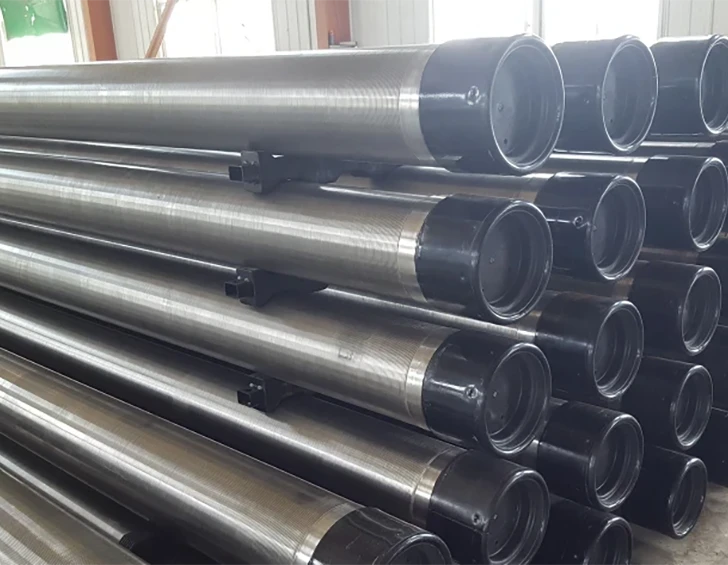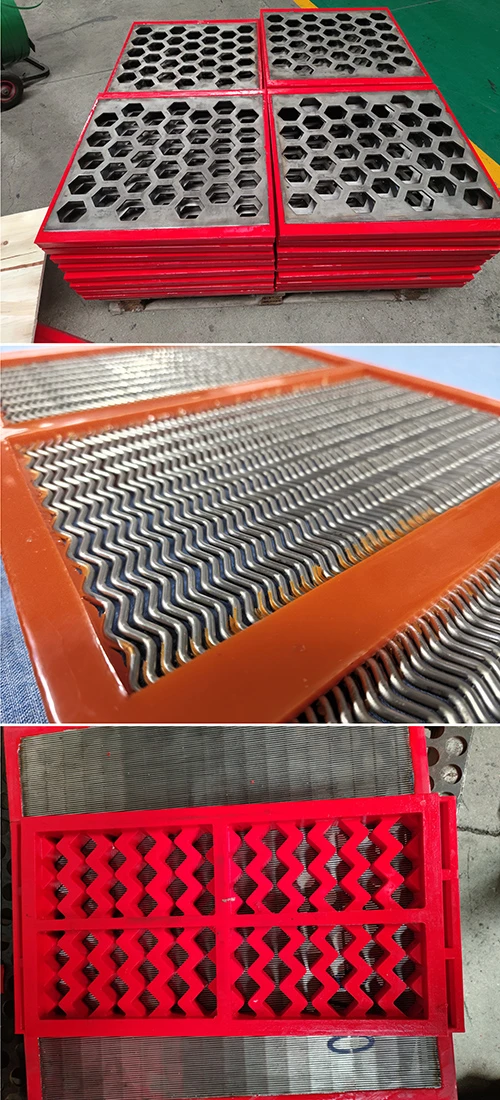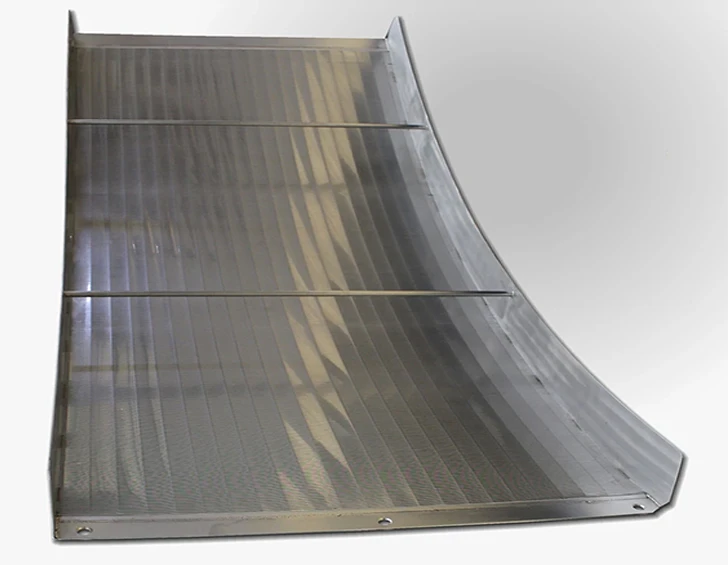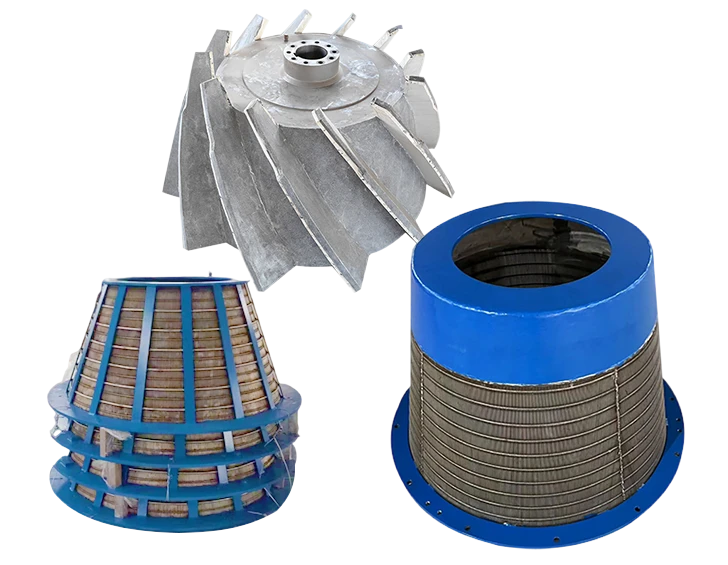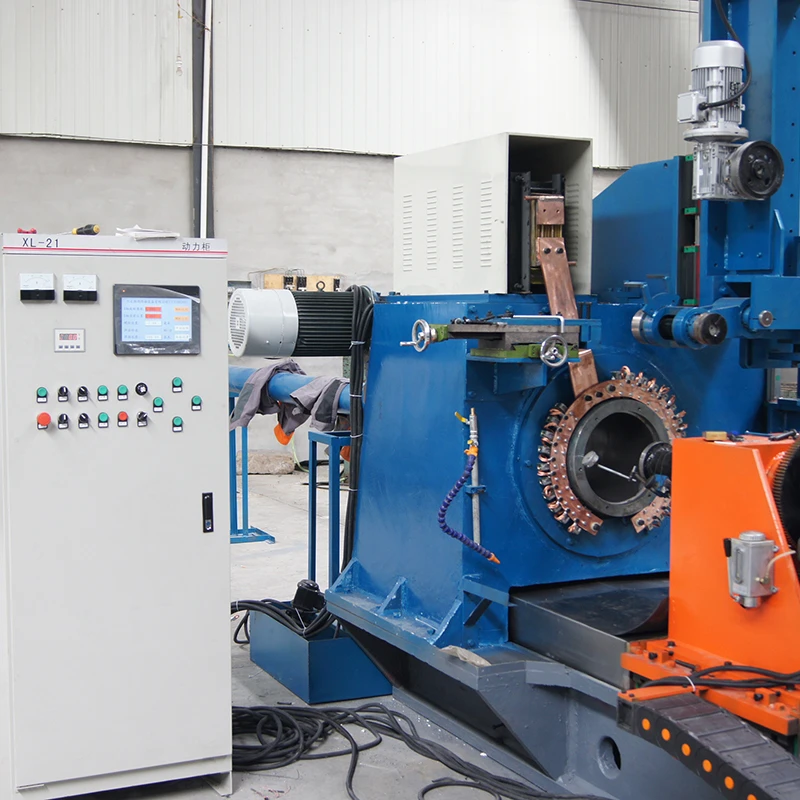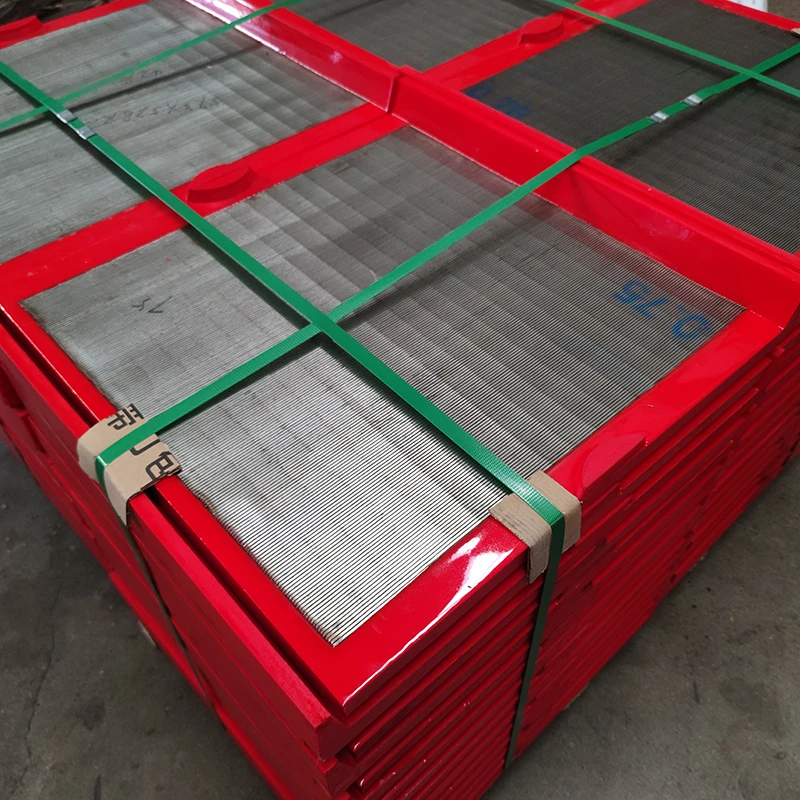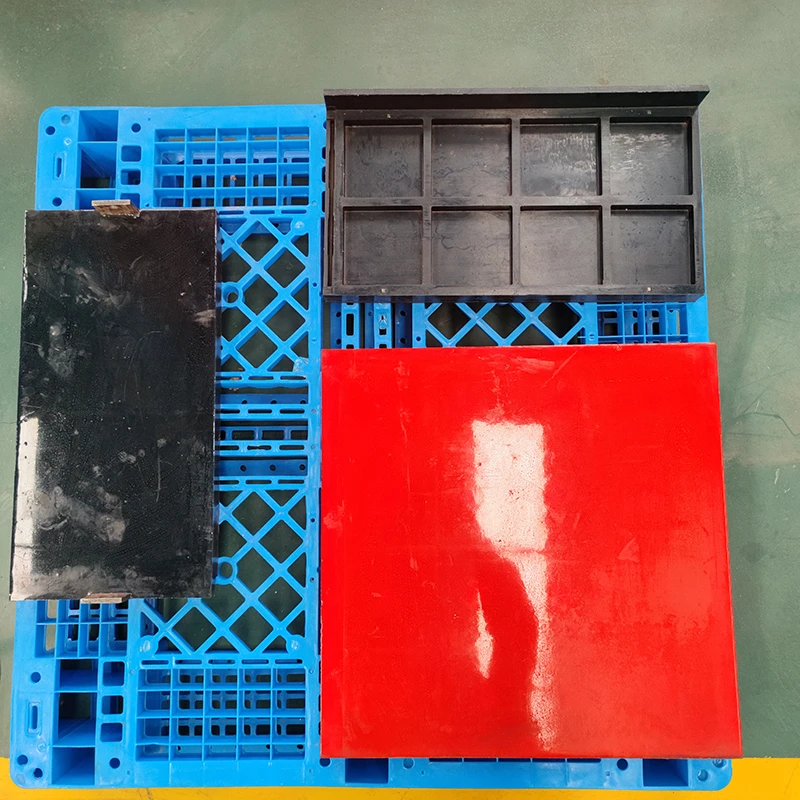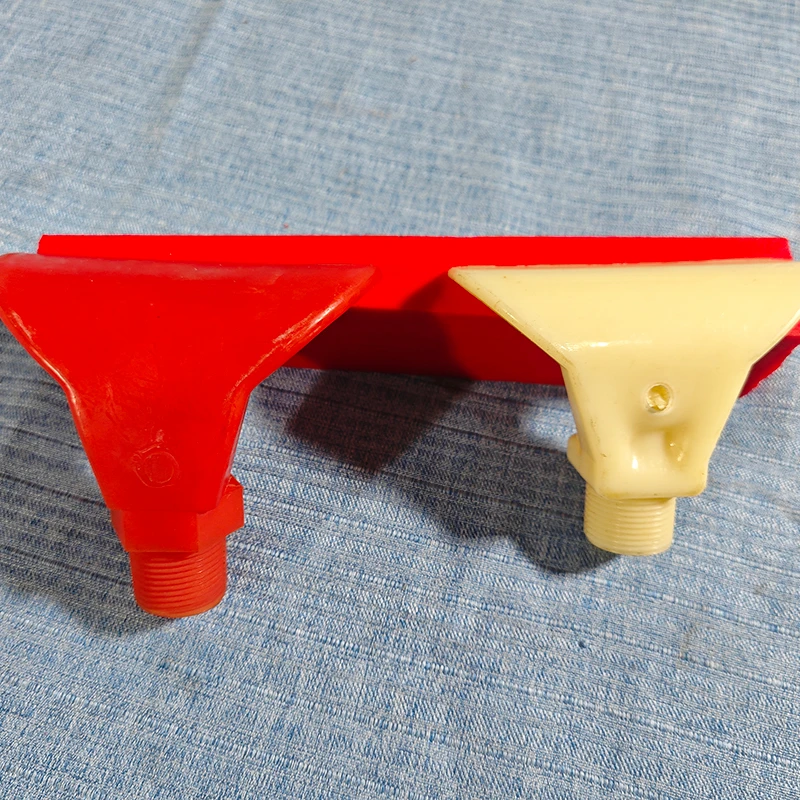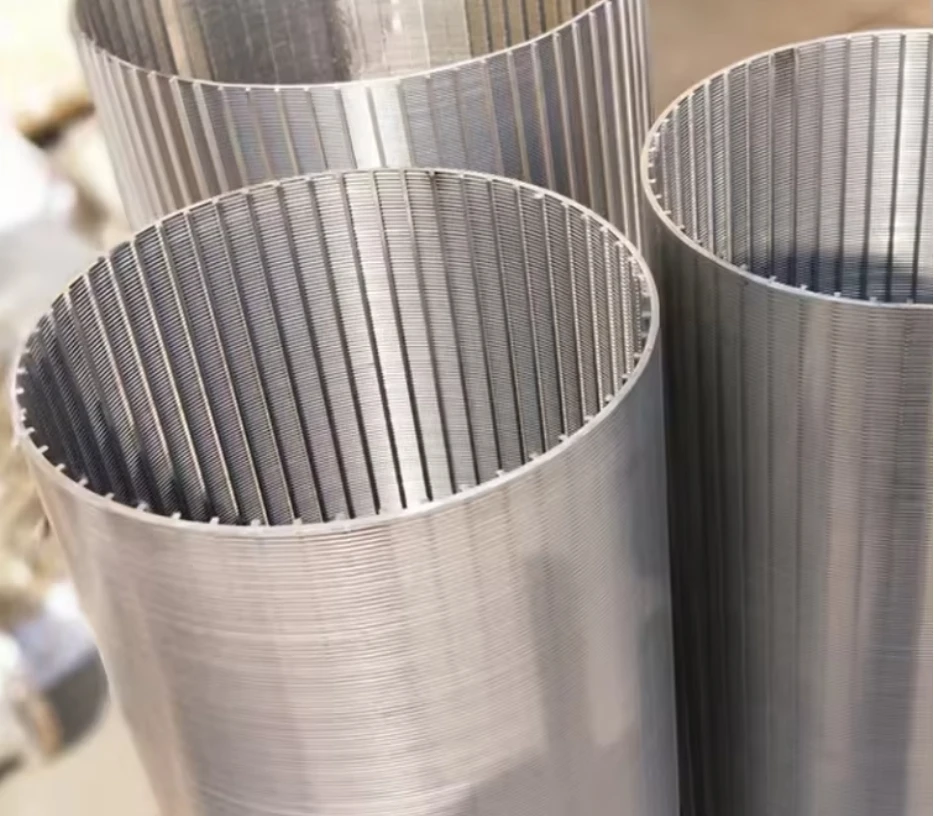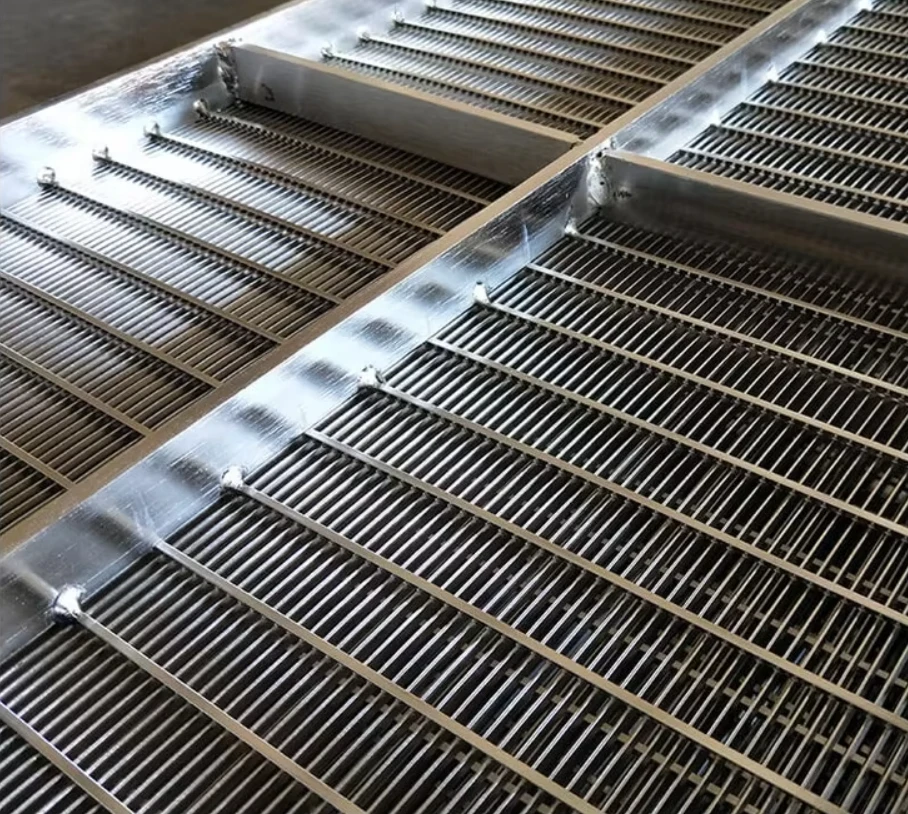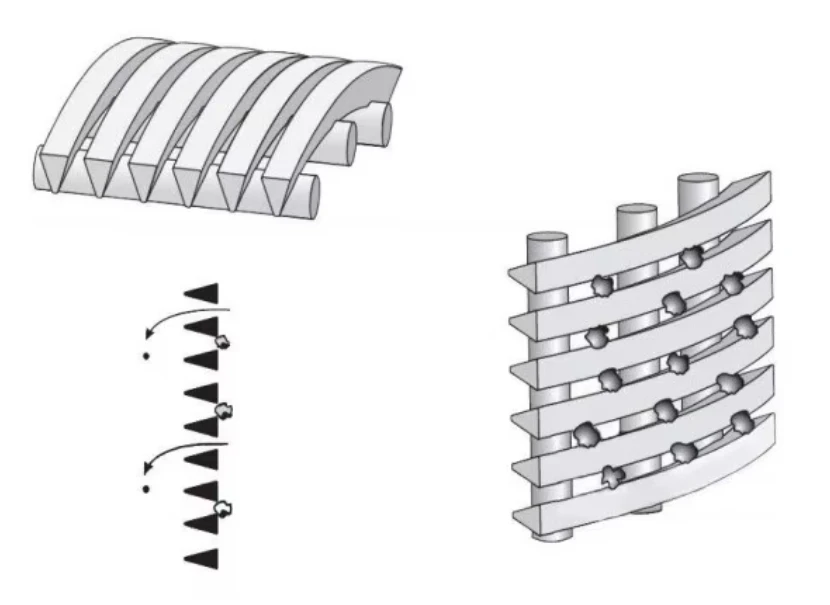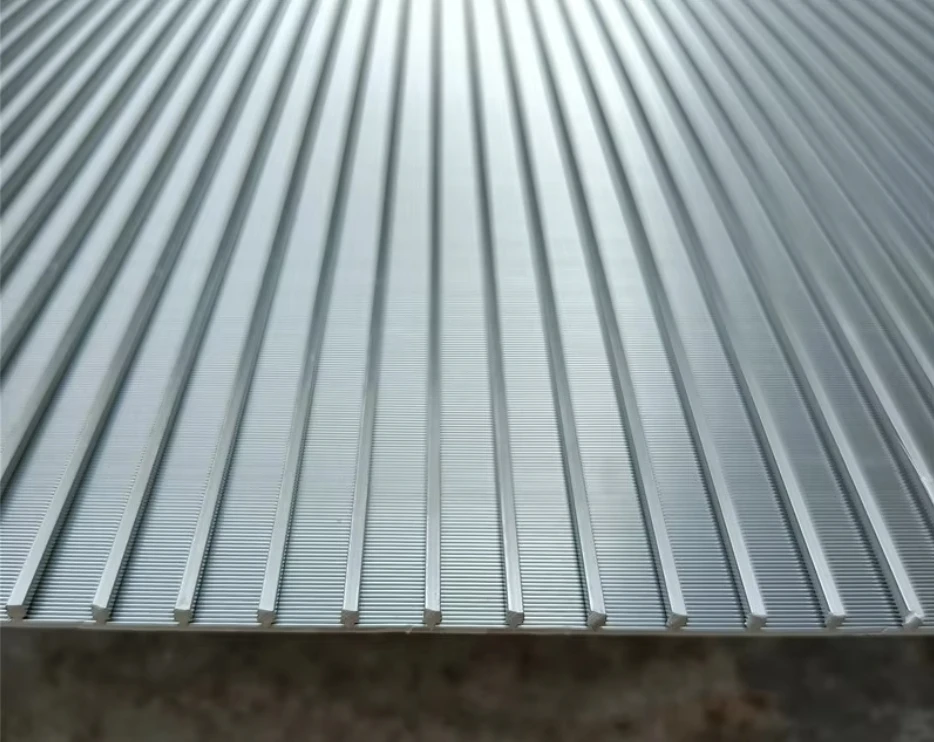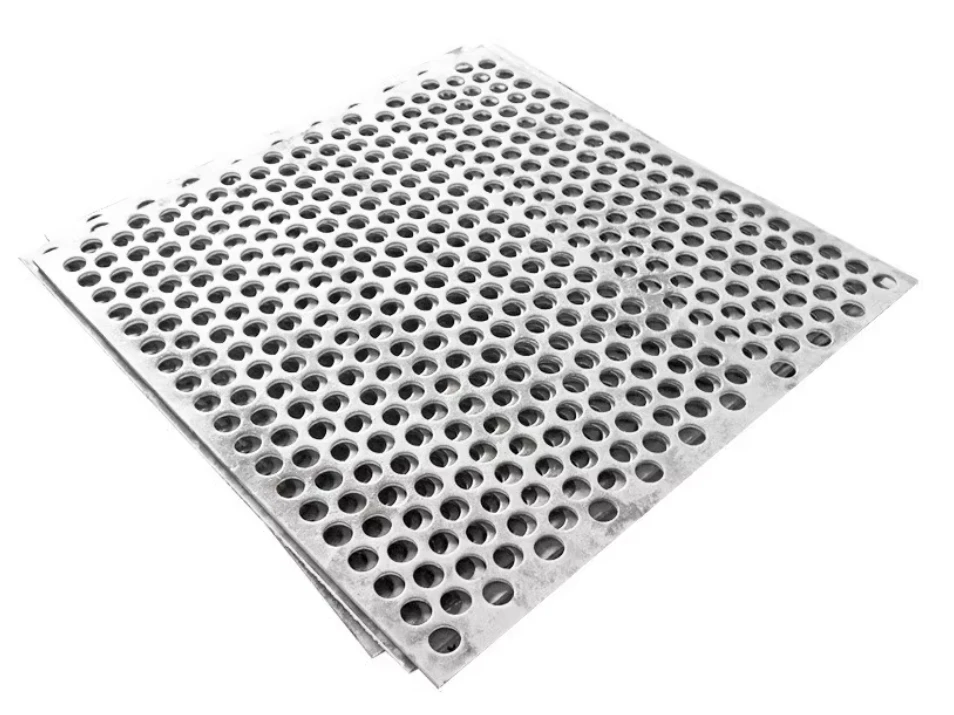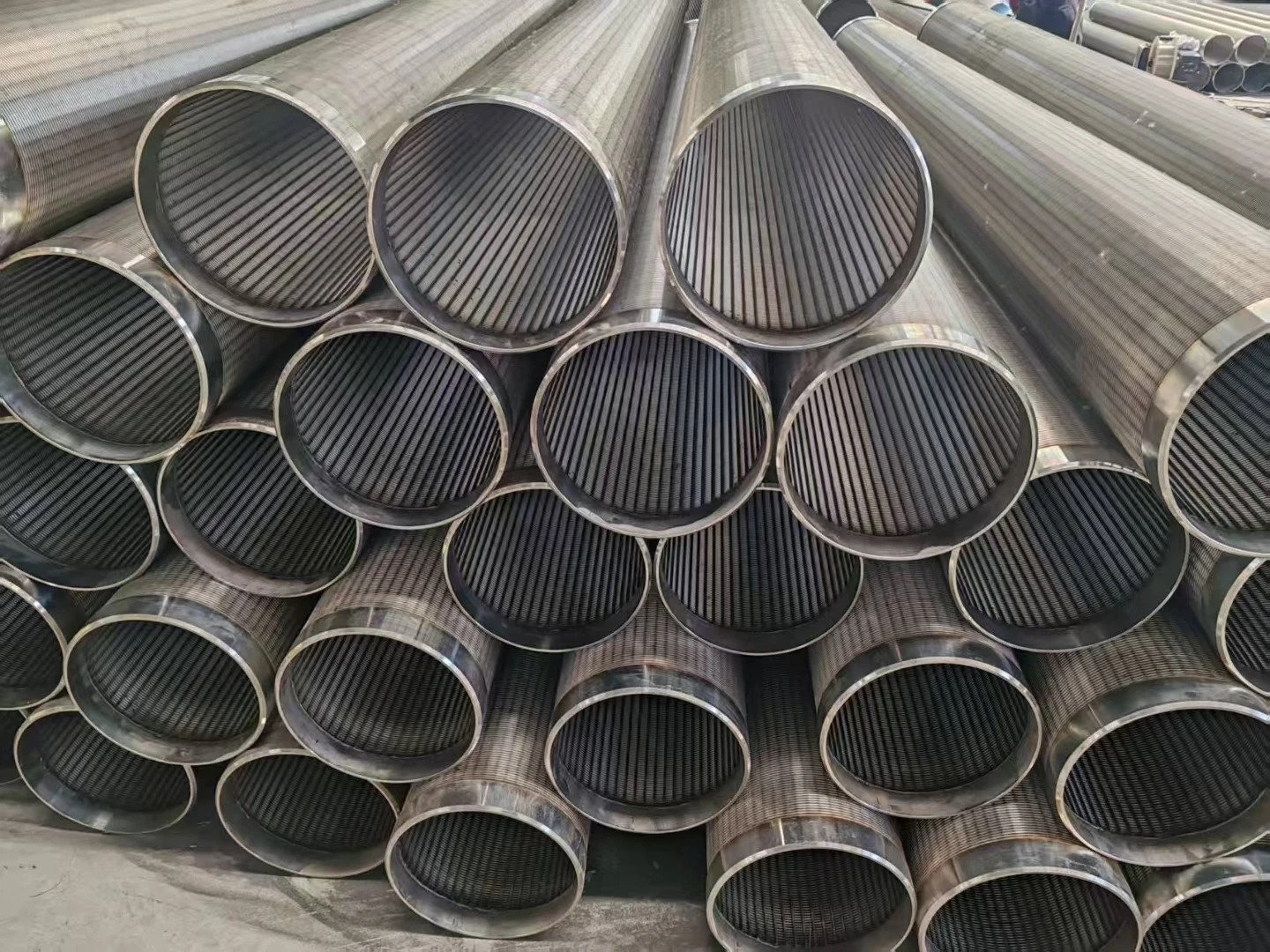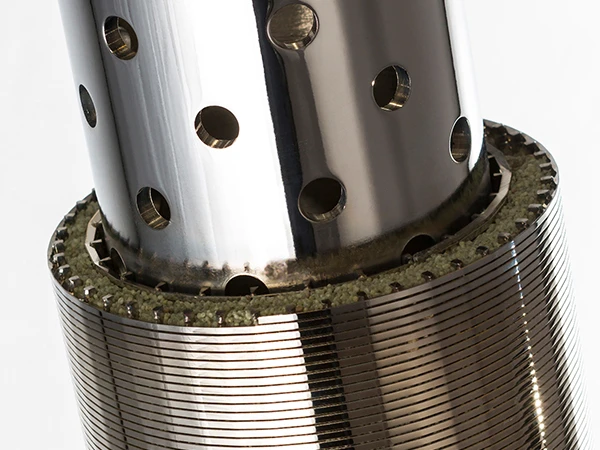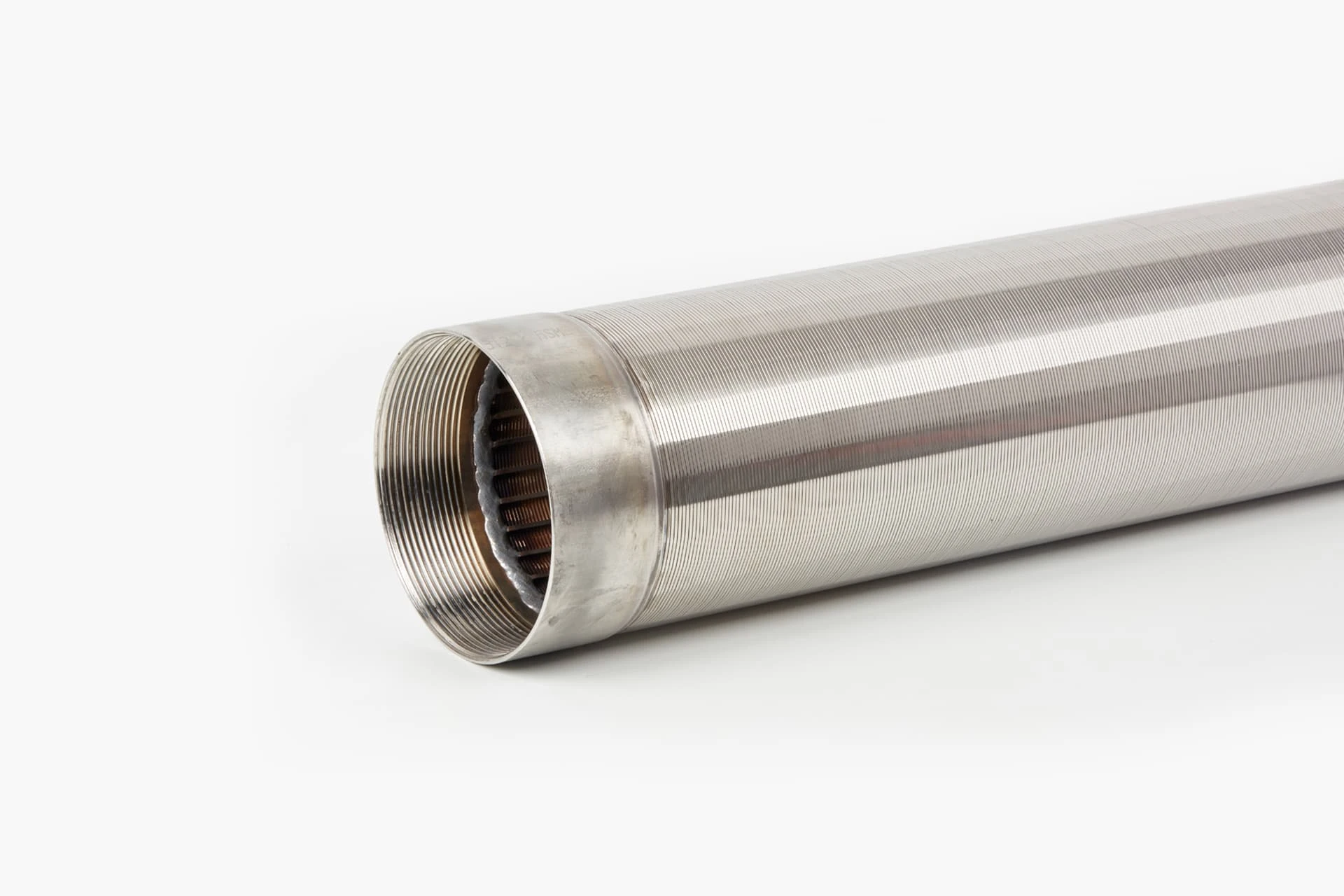- Introduction to Vibrating Screen Technology
- Technical Superiority in Modern Designs
- Performance Comparison Across Manufacturers
- Customized Solutions for Specific Applications
- Industrial Case Studies & Operational Metrics
- Maintenance Strategies for Longevity
- Future-Ready Vibrating Screen Solutions
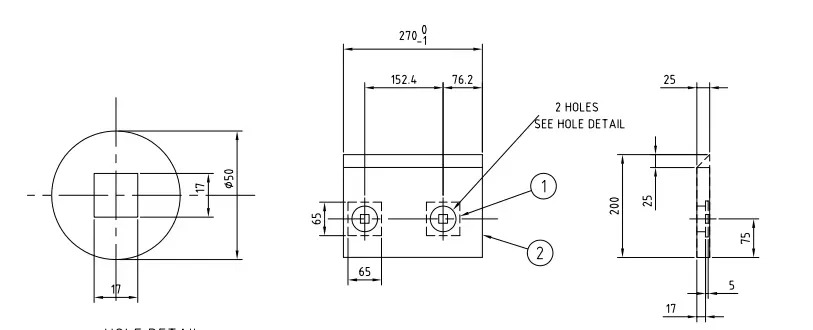
(vibrating screen)
Understanding Vibrating Screen Mechanics and Innovation
Vibrating screens have revolutionized material separation processes across industries, with inclined vibrating screen
configurations accounting for 62% of mineral processing installations globally. These systems utilize controlled vibrations ranging from 1,800 to 3,600 RPM to achieve separation accuracy between 95-99.8% for particles sized 0.5mm to 300mm. The evolution from single to vibrating screen double deck designs has enabled simultaneous multi-grade sorting, boosting processing capacity by 40-75% compared to traditional screening methods.
Engineering Excellence in Screening Technology
Modern vibrating screen deck configurations employ:
- Modular polyurethane panels with 85% longer lifespan than steel mesh
- Dual-mass vibrator systems reducing energy consumption by 30-45%
- AI-powered load detection maintaining ±2% amplitude consistency
Advanced models feature auto-tensioning screen cloth systems that maintain optimal 1.5-2.5 N/mm² surface pressure, reducing downtime by 60% compared to manual adjustment designs.
Market-Leading Manufacturer Comparison
| Manufacturer | Model | Deck Type | Capacity (t/h) | Power (kW) |
|---|---|---|---|---|
| ScreenMaster Pro | HD-4500 | Double Deck | 850 | 18.5 |
| VibroTech Plus | VTX-30 | Inclined Single | 620 | 15 |
| DuraSift Ultra | DS-2200 | Horizontal Double | 720 | 22 |
Application-Specific Configuration Options
Custom vibrating screen solutions adapt to material characteristics:
- 15-25° adjustable inclination for sticky materials
- Variable frequency drives (45-100Hz operational range)
- Material-specific deck configurations:
- Rubber-coated decks for noise reduction (≤78dB)
- Hybrid wire-polyurethane panels for abrasive ores
Documented Performance in Heavy Industries
Recent implementations demonstrate measurable results:
- Iron ore processing plant: 22% throughput increase using double deck screens
- Recycling facility: 99.1% purity in copper recovery applications
- Aggregate producer: 18-month ROI through reduced maintenance costs
Sustaining Peak Operational Efficiency
Proactive maintenance protocols extend service intervals by 3-5x:
- Laser alignment checks every 500 operating hours
- Vibration analysis predicting bearing failures 200-400 hours in advance
- Automated lubrication systems maintaining optimal grease levels (±5%)
Vibrating Screen Technology for Tomorrow's Demands
The integration of IoT-enabled vibrating screen systems now provides real-time performance analytics, with leading manufacturers offering predictive maintenance algorithms that reduce unplanned downtime by 73%. As material processing requirements intensify, inclined vibrating screen configurations are evolving to handle throughput capacities exceeding 1,200 t/h while maintaining 98.5% screening efficiency – setting new benchmarks for industrial separation technology.
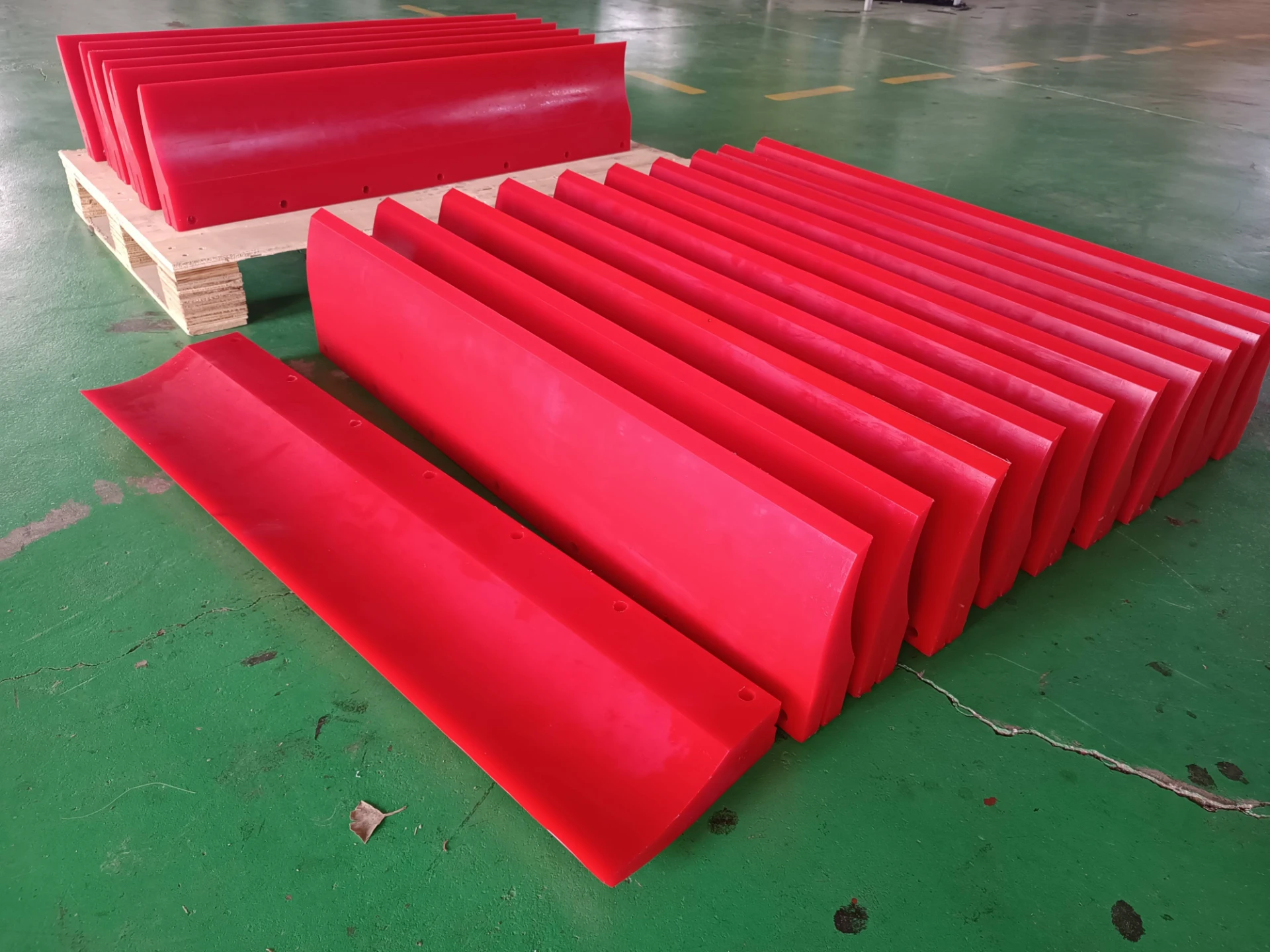
(vibrating screen)
FAQS on vibrating screen
Q: What is the primary function of a vibrating screen?
A: A vibrating screen separates and segregates bulk materials by particle size using vibrations. It is widely used in mining, construction, and recycling industries. Its design ensures efficient sorting and material flow.
Q: What are the advantages of an inclined vibrating screen?
A: Inclined vibrating screens offer higher throughput due to their angled design, which accelerates material movement. They also reduce clogging and are ideal for heavy-duty applications. The slope enhances screening efficiency and self-cleaning capabilities.
Q: How does a vibrating screen deck improve material processing?
A: A vibrating screen deck uses layered mesh or panels to classify materials into multiple grades. Its vibrating motion ensures even distribution and rapid separation. Durable materials like high-tensile steel or rubber extend its lifespan in harsh conditions.
Q: Why choose a double deck vibrating screen over a single deck?
A: A double deck vibrating screen enables two-stage screening, producing up to three distinct material sizes in one operation. This reduces equipment footprint and boosts productivity. It is ideal for applications requiring precise multi-grade output.
Q: What maintenance ensures longevity of a double deck vibrating screen?
A: Regular inspection of screen decks, tightening bolts, and lubricating bearings are critical. Cleaning debris and replacing worn mesh or panels prevents downtime. Proper maintenance ensures consistent performance and extends operational life.

